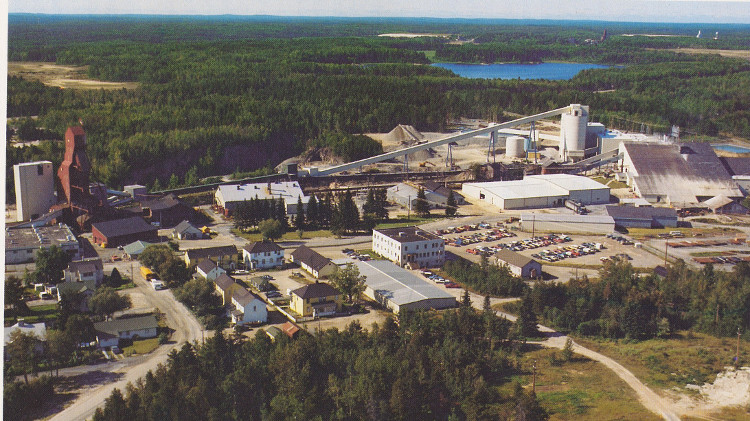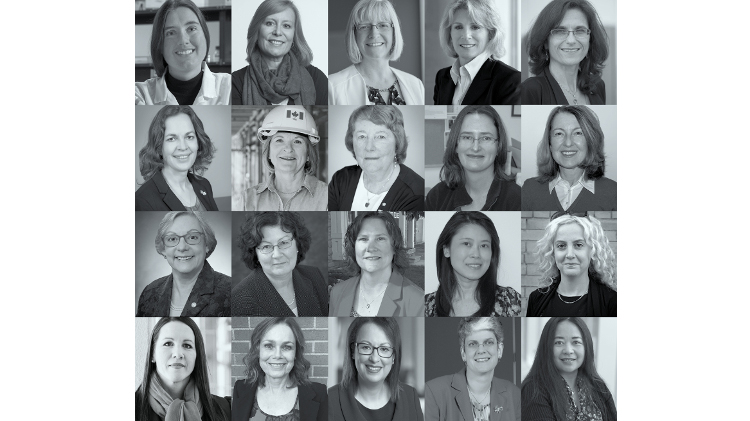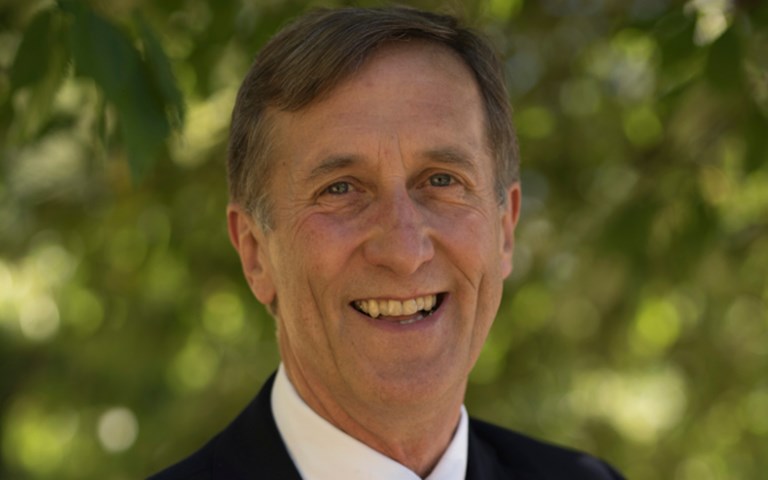John Thompson has spent much of his career bridging the gap between industry and academia. After years working in exploration around the world, the geology PhD took the job as the director of the University of British Columbia’s Mineral Deposit Research Unit soon after it was first created in 1989. After seven years there, Thompson made the jump to Teck Resources as chief geoscientist and later vice-president for technology and development. One of his projects at Teck was to work with a team to develop more formal goals and structure for the miner’s sustainability efforts. That experience inspired him to join the faculty of Cornell University as the World Family Professor in Environmental Balance for Human Sustainability.
His current role as chair of Resources for Future Generations (RFG 2018), a four-day interdisciplinary conference in Vancouver in June, is to create a way to span the divide between the resource sector and the broader public, and draw in a range of voices to discuss the technical, social and environmental challenges that must be addressed to sustain development in the future.
CIM Magazine spoke to Thompson on the progress the industry has made and the work left to be done.
CIM: An important step on your current path was the work you did with Teck Resources on its sustainability strategy in 2010. What was your role?
Thompson: I was one of several senior people on the project, and someone who worked for me was the driver for it. It involved bringing in 30 people across the company, mostly young people from different operations, different countries, to discuss what it was that the company should focus on from a sustainability perspective. Out of that came six initial sustainability goals for the company.
CIM: What did you take away from being a part of that process?
Thompson: Probably the best part was working with this group of people – they were very diverse, spanned the company, came from different operations and had different specialty skills – and discovering how much they cared. These were people that are absolutely part of Teck, and part of the mining business, but clearly had a strong desire to make the company better, to make mines more effective, to deal with the issues that we faced and to do it in a way that was long-lasting. It was just an amazing group of people, and they put a tremendous amount of effort into creating these goals. The goals were great, they were the right things to do and they have stood the test of time. But it was that commitment from this group of people that was really the most exciting part of it.
CIM: Since that time how has the thinking around these issues evolved?
Thompson: I think the questions are still front and center and have probably intensified. Many people’s views of the mining industry are still on the whole skeptical, they still need to be convinced. And delivering on things like the sustainability goals in a real manner, not just window dressing, is critical to success. If you’re thinking about developing new operations and dealing with communities, you need to be able to demonstrate that you’re a serious and well-intentioned company. It hasn’t changed at all, it’s just going to get harder.
CIM: Where do you think the industry has made the greatest progress?
Thompson: I think it has made significant strides in its approach to engagement, the recognition that they need to understand communities of all sorts, Indigenous or non-Indigenous. Every company has seen what happens when that does not go well. Sometimes there is a minor hiccup, sometimes there is a delay and sometimes it is much worse. A change during the latter part of my career has been seeing social scientists introduced to mining companies as staff members, working alongside people from exploration to engineering, looking to understand communities – that is a big change, and overall a very positive one.
Related: United Nations report highlights the roles mining companies play in sustainable development efforts
That’s on the people side. On the energy side, I see increasing progress on energy efficiency and the use of renewables. Water is being recycled and used more effectively. We are always striving to improve, both because it makes economic sense and because it makes good sense from the social, political and environmental point of view. I think we’re on the right track.
CIM: This brings us to your work on RFG 2018, which is meant to be an intersection for many different interests with a stake in the resource sector. What are your goals for this?
Thompson: The first is to bring people from the different sectors of energy, minerals and water under one roof. We all know that each sector does different things really well and each has some things that they find quite challenging. There may be opportunities to solve some of our own individual problems by listening to how those problems have been solved in other sectors.
The second goal is to connect the technical realm with the social one. Technical people can struggle a little to engage in those conversations and to understand the perspectives of governments, NGOs and Indigenous groups. We want to discuss how all of these fit together.
And the third is to emphasize the future generations. We have to draw them in, get them involved in the conference, get them fully engaged and inspire them to deal with the resource questions of the future: how we’re going to find resources, how we’re going to work with communities to develop them, and how we’re going to become more effective, responsible and ultimately sustainable in our business.
My ultimate goal is to create a bit of a stir. To actually have people outside of our industry see this effort focused on young people, focused on Indigenous people, and how we’ve incorporated them into the conference. I would like to get people to think, discuss and project an outward view of the world as opposed to being introspective.
Our industry has struggled so much to get people to pay attention to what we do in a positive way. If RFG 2018 makes that happen, then that’s a huge success for me.
CIM: With your teaching at Cornell, you spend more time than most speaking to that younger generation about these issues. What is your impression of their engagement with these topics?
Thompson: They are smart and can be quite worldly, but they know very little about the resource world, how it really works and how integral a part they, as consumers, play in it. It’s a bit of a revelation for them. They are often rather pessimistic about the future and problems such as climate change and pollution, and don’t immediately look for solutions.
What I like about the students is their enthusiasm – of course, these are all generalizations and I’m not painting all millennials and young people with a uniform brush. But they do engage and when they start understanding, they really get enthusiastic and they change their views. They don’t necessarily take my view, but they definitely change their view and they work hard to look at how the many issues of resource demand and development fit together, and how it all might work. It’s always a little bit daunting at the start of the year, because they tend to start from that same rather negative base, but there’s no question that they get it and start to do different things during the course, and that’s immensely satisfying.




